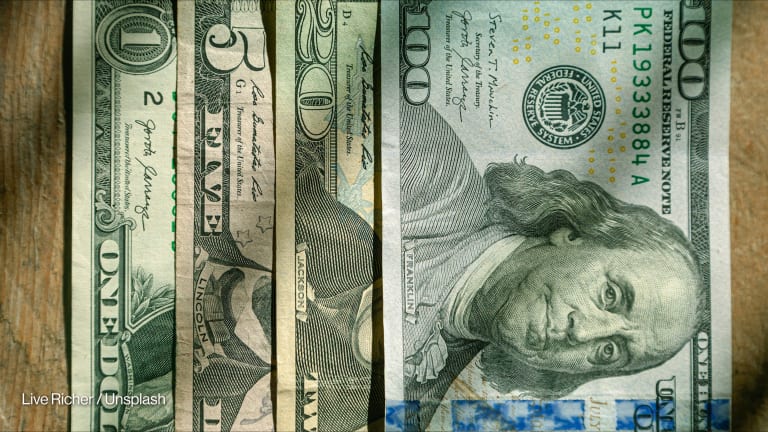As United Nations humanitarian agencies struggle to overcome severe financial strain and back ongoing emergency operations, such as the Syrian refugee crisis, targeted funding for gender rights continues to lag.
Fostering gender equality is broadly considered smart economics, for poor and rich countries alike. Yet gender equality programs typically compose only a fraction of total humanitarian funding, and dipped from 22 percent in 2013 to 12 percent in 2014. Financing for gender can sometimes require creative approaches, experts say.
One method and resource — regional partnerships — was the focal point of a workshop last week during the two-week long Commission on the Status of Women at the U.N. headquarters in New York. Representatives from regional organizations such as the African Union Commission and the International Institute for Democracy and Electoral Assistance, which co-hosted the event, gathered to discuss lessons learned.








